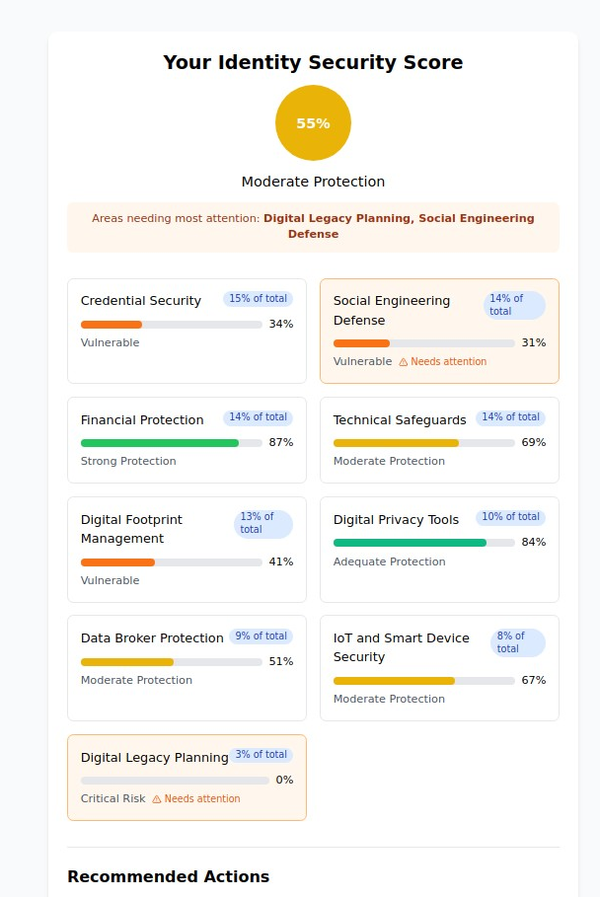Graduation Gift Card Scams: Protecting Your Wallet and Your Graduate

Graduation season is a time of joy, celebration, and giving. For many, gift cards are the perfect present—convenient, versatile, and loved by graduates of all ages. Unfortunately, this time of year also brings a surge in graduation gift card scams, where fraudsters use fake offers and phishing emails to steal your money or personal information. In this in-depth guide, we’ll explore how these scams work, how to spot them, and the steps you can take to buy gift cards safely. With over 1500 words of expert advice, you’ll be equipped to protect your wallet and ensure your graduate’s celebration stays scam-free.
Why Graduation Season Attracts Gift Card Scams
Graduation marks a milestone, whether it’s high school, college, or a professional achievement. It’s a time when friends, family, and well-wishers rush to buy gifts, often under tight deadlines. Gift cards, with their ease and flexibility, are a popular choice. Scammers know this and exploit the heightened demand, targeting busy shoppers with fake gift card offers and deceptive tactics.
The Federal Trade Commission (FTC) reported that gift card fraud cost consumers over $245 million in 2023, with a noticeable spike during graduation season. Why? The combination of emotional excitement and time pressure makes people more vulnerable. Scammers flood inboxes with phishing emails, plaster social media with fraudulent deals, and even impersonate loved ones to trick you into handing over cash or sensitive data.
Understanding why these scams thrive is the first step to avoiding them. By staying informed, you can make smart choices and keep your graduate’s special day untainted by fraud.
Common Types of Graduation Gift Card Scams
Scammers use a variety of methods to target gift card buyers. Here are the most prevalent graduation gift card scams you need to know about:
1. Fake Gift Card Offers
You’ve probably seen them: ads promising “50% off” or “buy one, get one free” gift cards. These deals often appear on fake websites or social media posts designed to look legitimate. Once you click or pay, you might receive a worthless card—or nothing at all. Worse, some sites install malware on your device, putting your personal information at risk.
2. Phishing Emails and Texts
Imagine getting an email saying, “Congratulations! You’ve won a $50 gift card for your graduate!” It might even look like it’s from a trusted retailer. But when you click the link, you’re taken to a fake site that harvests your details—like your credit card number or address. These phishing emails are crafted to deceive, often using official-looking logos and urgent language.
3. Social Media Scams
Social media platforms are a hotbed for scams, especially during graduation season. Posts claiming “Share this for a chance to win a $100 gift card” or “Comment to claim your prize” are common bait. These schemes often collect your data or spread malicious links, preying on your excitement for a deal.
4. Impersonation Scams
In this sneaky tactic, scammers pretend to be someone you know—maybe the graduate or a relative. They might text, “Hey, I lost my wallet—can you send me a gift card code quick?” These messages play on trust and urgency, especially targeting older family members less familiar with digital fraud.
5. Counterfeit Gift Cards
Physical gift cards can also be a scam. Sold online or by shady vendors, these cards might look real but have zero value—or have already been used. When your graduate tries to redeem it, they’re left with nothing but disappointment.
How to Spot a Graduation Gift Card Scam
Knowledge is power when it comes to avoiding scams. Here’s how to identify the red flags of a graduation gift card scam:
- Too-Good-to-Be-True Deals: A $100 gift card for $20? Legitimate retailers don’t slash prices that drastically. If it feels off, it probably is.
- Urgency or Pressure: Scammers love phrases like “Act now!” or “Limited time only!” This rushes you into decisions without double-checking.
- Requests for Personal Information: No real company needs your Social Security number or password for a gift card deal. Be skeptical of any site asking for too much.
- Unusual Payment Methods: Paying with wire transfers, crypto, or other gift cards? That’s a scam favorite—those methods are untraceable.
- Suspicious Links: Hover over email links (don’t click!) to see the URL. If it’s not the retailer’s official site, steer clear. Attachments? Don’t open them.
- Poor Grammar or Spelling: Typos and odd phrasing can signal a scam. Professional companies proofread their messages.
By keeping an eye out for these warning signs, you can stop scammers in their tracks and protect your hard-earned money.
Safe Ways to Purchase Gift Cards
Buying gift cards doesn’t have to be risky. Follow these practical tips to ensure your purchase is secure and your graduate gets the gift they deserve:
1. Stick to Reputable Sources
Always buy directly from the retailer—whether it’s their official website, app, or physical store. Skip third-party sellers on marketplaces like eBay or Craigslist, where counterfeit gift cards are more common.
2. Inspect Physical Cards
For in-store purchases, check the card’s packaging. Scammers sometimes scratch off PINs and reseal them. Look for tampering signs like scratches or loose seals.
3. Use Secure Payments
Online? Use a credit card or a platform like PayPal—they offer fraud protection. Avoid debit cards (less recourse) or wire transfers (no protection at all).
4. Verify the Balance
Before gifting, check the card’s balance on the retailer’s site or by calling customer service. This confirms it’s loaded and hasn’t been tampered with.
5. Educate Your Graduate
Young grads might not know the risks. Tell them not to share the card’s code with anyone and to watch for unsolicited requests. A quick chat can save them trouble later.
These safe gift card purchase habits can make all the difference, turning a potential scam into a thoughtful, secure gift.
What to Do If You’ve Been Scammed
Caught in a scam? Don’t panic—act fast to limit the damage:
- Contact Your Bank: Used a credit card? Call your issuer to dispute the charge. Most offer fraud protection and may refund you.
- Report It: File a complaint with the FTC at ftc.gov/complaint. Tell the retailer, too—they can flag the scam.
- Spread the Word: Warn friends or post about it locally. Scammers often hit the same circles repeatedly.
- Monitor Accounts: Check bank statements and credit reports for odd activity. Quick action can stop identity theft.
Taking these steps can help you recover and prevent others from falling into the same trap.
Protecting Your Wallet and Your Graduate
Graduation is about celebration, not stress. Armed with this guide, you can dodge graduation gift card scams and keep the focus on the milestone. Stick to trusted sources, watch for red flags, and never rush into a deal that feels off. Your wallet—and your graduate—will thank you.
Want to help others stay safe? Share this article with your network. For more scam-prevention tips, sign up for our newsletter or explore our Scam Hub. Let’s make this graduation season fraud-free, one smart choice at a time.
Additional Resources
Stay vigilant, shop smart, and enjoy the celebration—scam-free!





